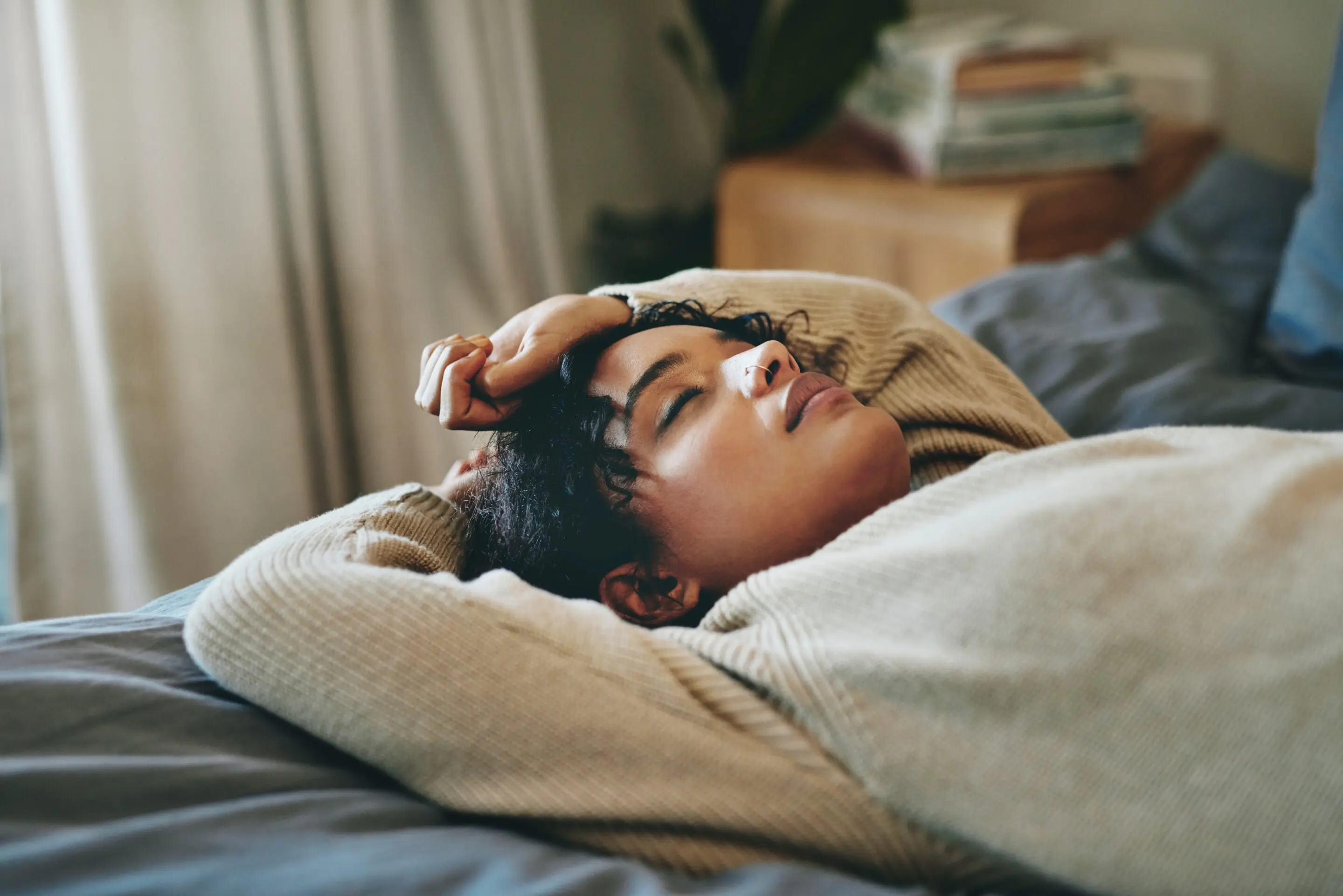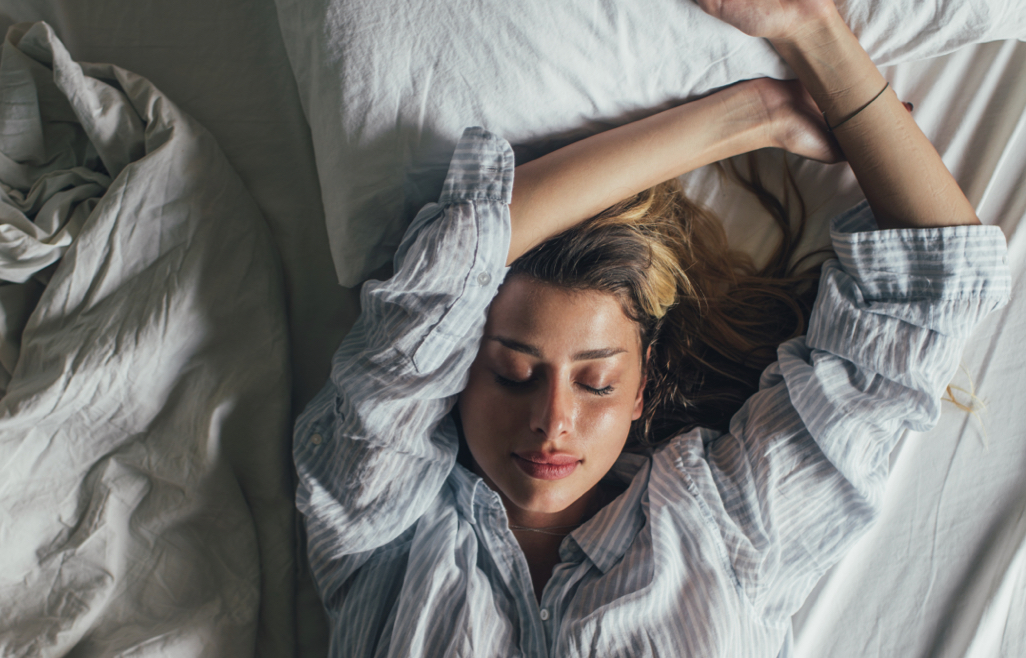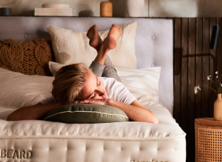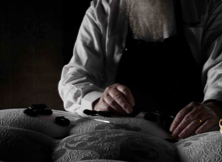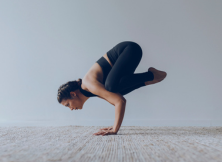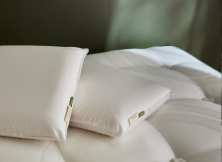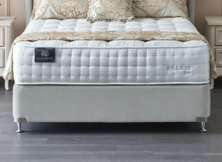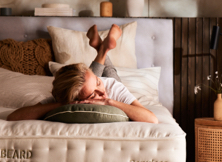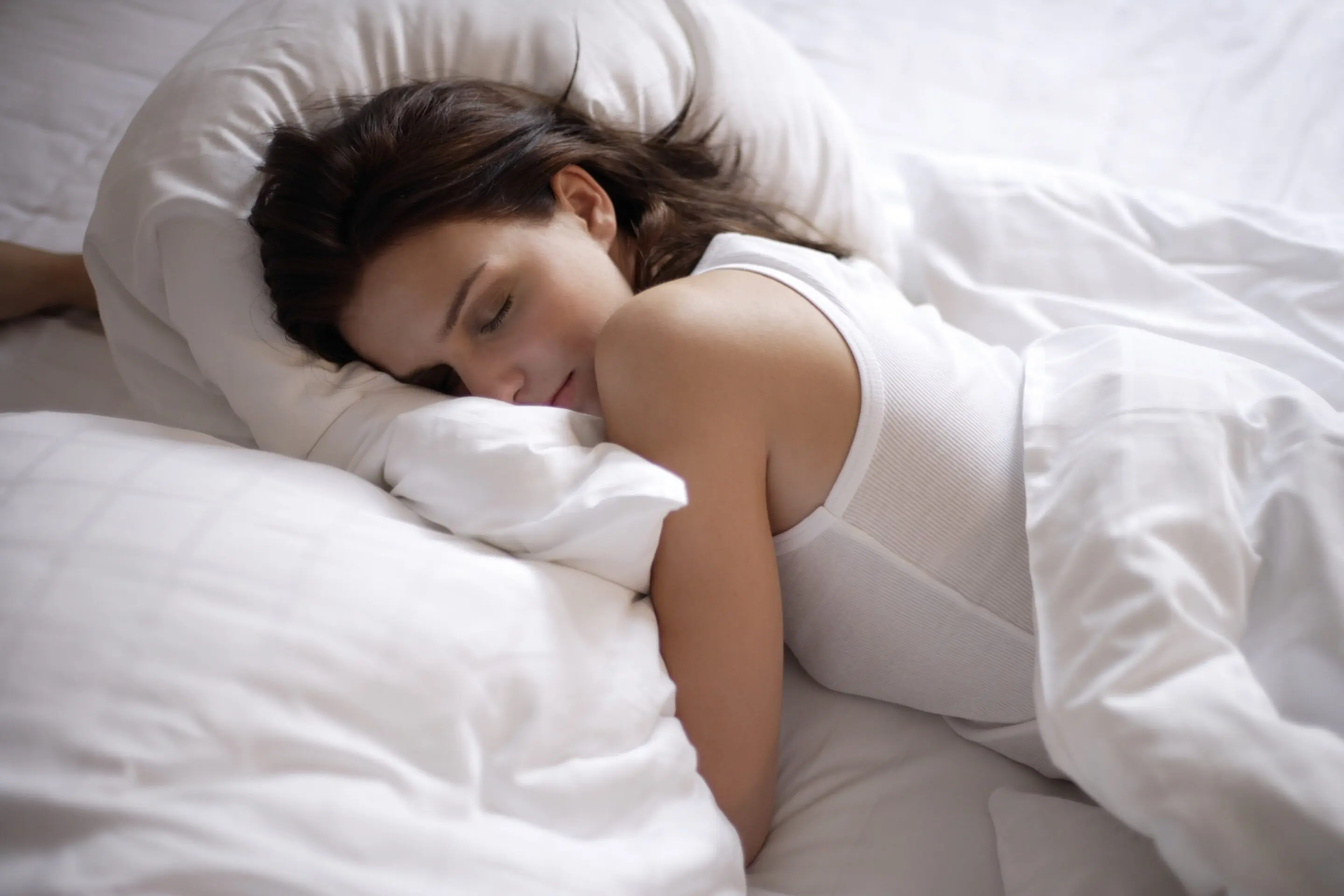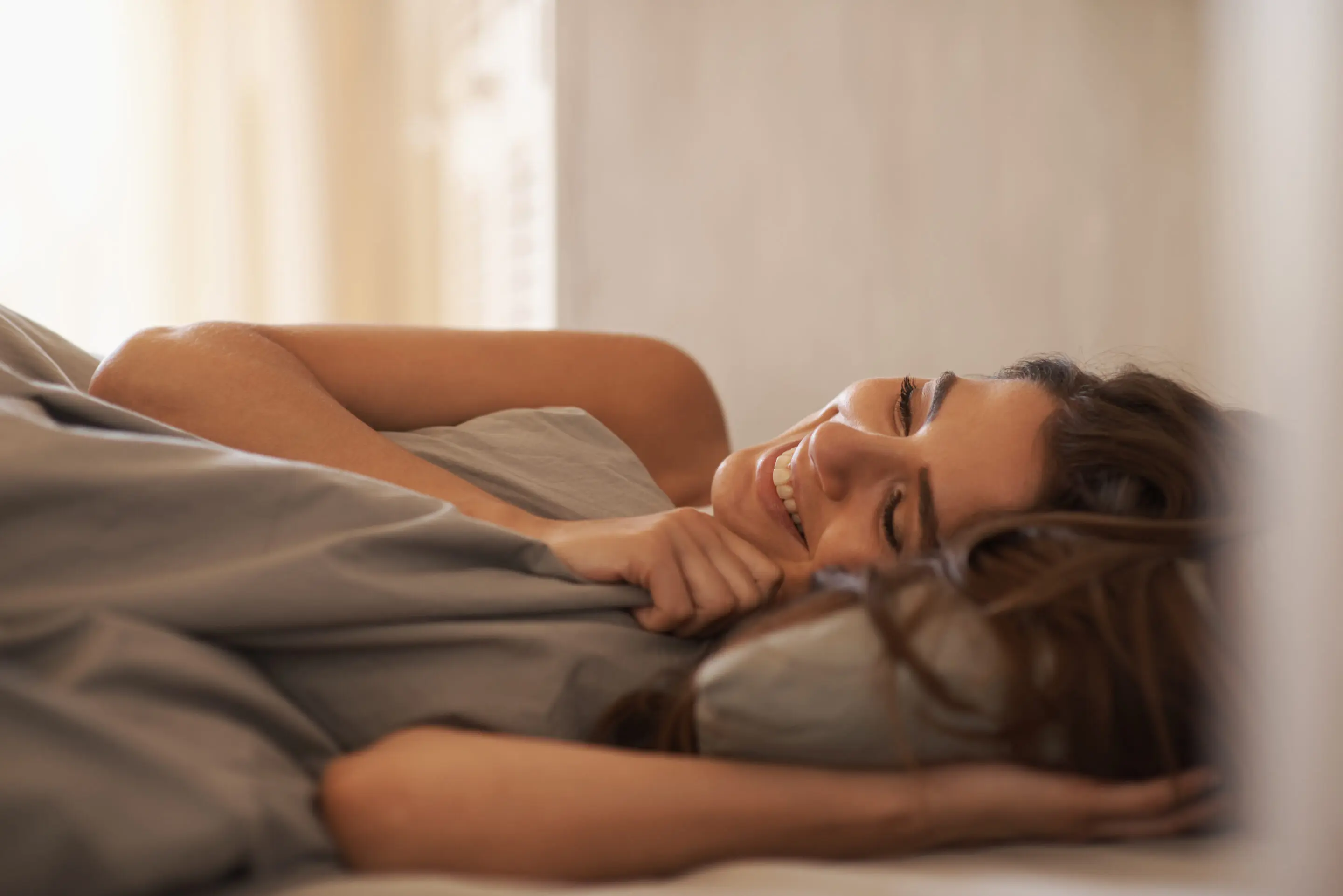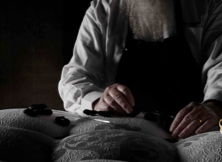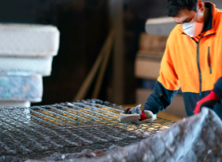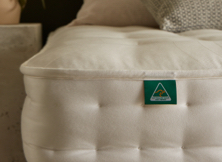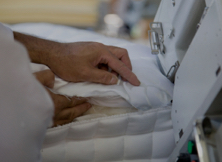The older we get, the less we sleep. Well, that might be a slight generalisation, but it’s certainly true from birth to early adulthood. As newborns, we require 16 to 20 hours of sleep per day (oh, those were the days!), until we reach the age of one, when our sleeping needs decrease to 11 to 12 hours (which still sound like a pretty good deal). This continually declines throughout childhood, until we reach adolescence and adulthood when our days take precedence and our recommended sleep time is reduced to between 6 and 9 hours per day.
But this decrease in the amount of sleep we need isn’t the only way our sleep habits change with age. Here are five surprising ways our sleeping habits are influenced by the number of years under our belt.
1. Our body clocks change
Ever wondered why teenagers tend to stay up later? Well it turns out YouTube and Facebook aren’t entirely to blame. As teenagers, our internal body clocks take a step change, and sleep pressure grows more slowly during the day. As a result, teenagers have a natural tendency to fall asleep later and wake up later.
2. The side effects of sleep deprivation change
As we age, we also feel the effects of sleep deprivation differently. The results from over 6,000 Sleep Challenge participants in 2016 tell us that people between the ages of 20 and 30 are more likely to feel the effect of sleep deprivation on their overall mood and energy. However, as we age, the effects on our physical (rather than mental) states increase, with participants over 30 reporting more concern for physical performance and weight loss than those under 30.
3. Our motivations to sleep better change
Just as the ways in which we feel the effects of sleep deprivation change with age, so do our motivations to sleep better. Studies of data collected from our 6 Week Sleep Challenge shows that people under 30 are more inclined to be motivated by productivity and mental health to improve their sleep than people over 30. This goes hand-in-hand with the fact that the physical effects of sleep deprivation are felt more with age.
4. Our sleeping troubles change
Perhaps a hangover from the night-owl body clocks we adopt during adolescence, people under 30 suffer the most from trouble getting to sleep and erratic sleeping patterns (though, that could come down to lifestyle!). However as we age, we find it easier to fall asleep, but harder to stay asleep. Reports from 6 Week Sleep Challenge participants of waking up frequently during the night increase steadily with age, reaching a high point between the ages of 50 and 60.
5. The depth of our sleep changes
This increase of interruptions during sleep as we age is no coincidence. And no, it can’t be blamed entirely on lifestyle changes such as parenthood. When we are younger, we enjoy relatively significant quantities of slow-wave sleep. This is the deep, restorative sleep also known as REM (Rapid Eye Movement) sleep. As we grow into adults, our REM sleep begins to decline, and as elderly adults our REM sleep occurs less frequently and for shorter periods at a time, resulting in a lighter, more fragmented sleep.
